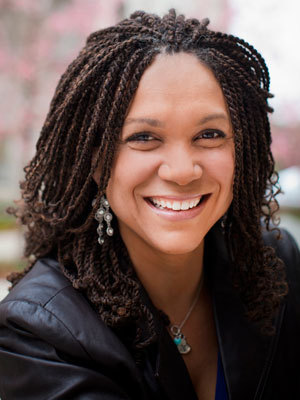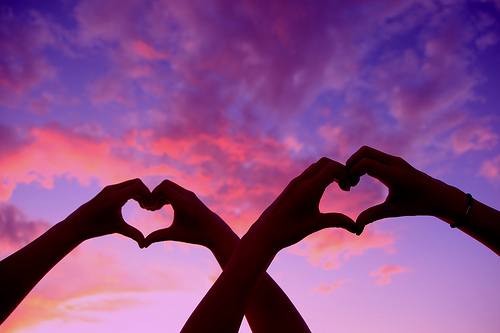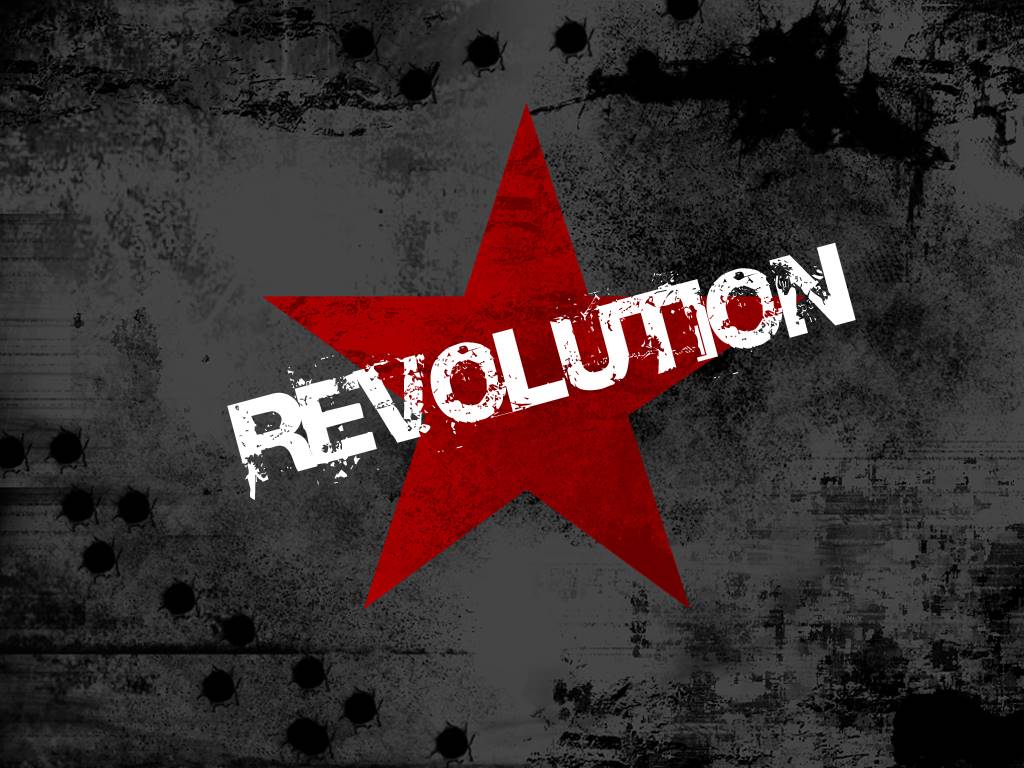Melissa Harris Perry (host of NBC Show Nerdland) tweeted that my interview at Ms. Magazine, during which I talk about Afrofeminism, is now one of her favorite online reads. Okay, I can die now.
-
-
Love and Afrofeminism: Introducing a New Blog Series and #AfroFemLove Twitter Chat
Love is absolutely a feminist issue, a recurring theme in various parts of the political landscape. But we've grown so accustomed to framing our discussions and ideas for progress around everything but love—instead, facts, figures, statistics, issues, enlightement or problematicness—that I fear we've inadvertently distanced ourselves from the most important…
-
What Does an African Feminist Look Like? Ms. Magazine Features African Feminist Bloggers
The Femisphere is a blog series in the popular Ms. Magazine that highlights the many diverse corners of the feminist blogsphere. Their latest installment focuses on African feminism, and I'm honored to have been featured along with two other African feminists, Ms Afropolitan and Lesley Agams. But, given that we're…
-
Tokenization is Oppression’s Most Powerful Weapon: My Thoughts on Storify
The other day, I was reflecting on tokenization and shared a few of my thoughts. I often tweet when I should be writing, which is why storify is a great tool for someone like me who's very busy, and doesn't always have time (read: procrastinates) to write full essays.
-
Afrofeminism - Blog - Creative Corner - Gender and LGBT Issues - Movement-Building - Poetry - Race, Culture, Ethnicity - Thought Leadership
Reflections from a Woman of Color on the War on Women: “My Sisters-in-Arms, We Are Not United”
I'm sharing the remarks I gave at the MA Women United Against the War on Women rally in Boston (in poem-ish form). I found myself thinking about the concept of "unity," and the fact that so many women of color, immigrants, transgender women etc are often left out of mainstream…




